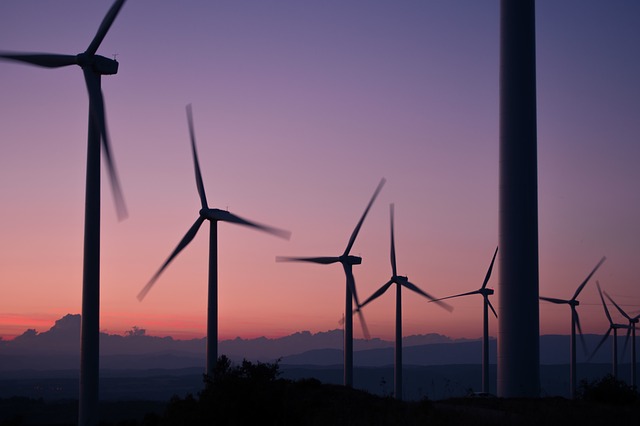Renewable energy takes on stage at the World Future Energy Summit
We Mean Business
One month after the end of historic COP21 negotiations, climate and energy experts headed to the annual Sustainability Week in Abu Dhabi, for the International Renewable Energy Agency’s (IRENA) general assembly and the World Future Energy Summit.
Two of the heroes of the Paris climate negotiations, Christiana Figueres and Laurence Tubiana, opened the energy summit on Monday by spelling out the pre-2020 agenda – a list of key climate actions that the world needs to take in the next 4 years before the Paris agreement enters into force.
What became more than clear is that the interest around scaling up the deployment of renewable energy has never been higher.
According to a new report released this week by IRENA, global gross domestic product (GDP) could increase by between 0.6% and 1.1% by doubling the current share of renewable energy to 36% by 2030. This would mean increasing GDP to $1.3 trillion (from the current estimate of $706 billion), as well as creating 24 million new energy jobs by 2030.
Speaking at the IRENA and Financial Times debate on Saturday, the UN Secretary General Ban Ki-Moon said that renewable energy offers “great security and peace of mind” as it is “limitless and will last forever.”
“Costs have come down so quickly that it is now often the cheapest option”, he added, “and the more renewable energy facilities we build, the cheaper they will become.”
Among the initiatives that have been announced during the week, the National Bank of Abu Dhabi (NBAD) pledged $10 billion of financing within the next 10 years to environmentally sustainable projects.
Finally, as analysis of renewables’ performances in 2015 are now being finalized, we are witnessing a series of headlines on the records being achieved:
– 2015 was Germany’s record wind year, as power production increased by 50%
– The Costa Rican Electricity Institute (ICE) announced that the country ran entirely on renewables for 285 days between Jan. 1 and Dec. 17 in 2015, predicting that 2016 will register even higher results as a new $2.3 billion hydroelectric plant will be coming online.
– Denmark set a new world record for wind energy production, having produced 42% of its electricity from wind energy in 2015, up 3% from the previous year.





